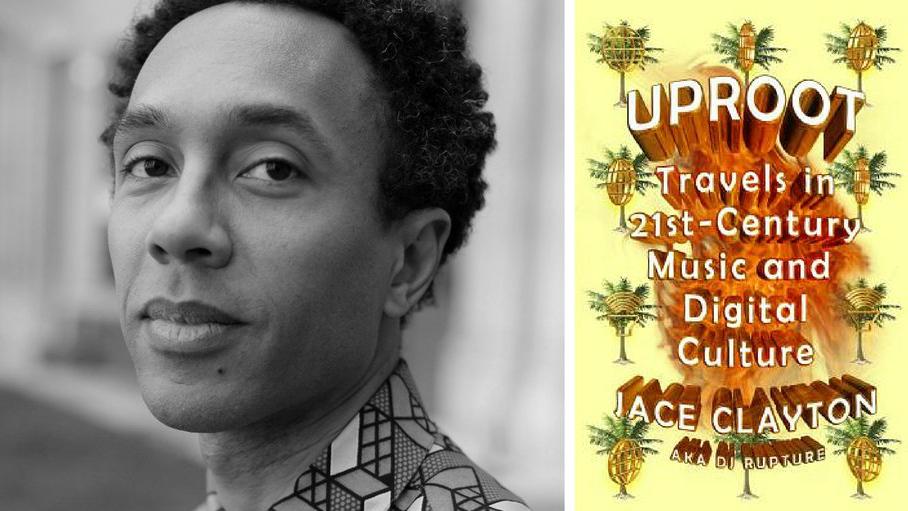Jace Clayton, aka DJ/rupture, explains ‘world music 2.0’
Back in 2001, fresh out of Harvard, Jace Clayton put out a mixtape called "Gold Teeth Thief." The tape went viral and suddenly, the English major was a major presence on the global dance scene.
He has remained so ever since.
In college, Clayton had a radio show as a DJ, but he didn't start DJ-ing as a mixer until he heard music called "jungle" — also known as "drum and bass."
“It was stunning,” Clayton says. “It was fast, it was very creative, it was drawing on reggae and hip hop and elements of techno. … In order to get access to that music you kind of had to be a DJ, because it was circulated primarily as 12-inch records. So, I said, ‘OK, I'm going to do this. I'm going to go out and get turntables and a mixer and learn how to do this, so I can get into the stream of this exciting jungle music.”
Clayton became DJ/rupture, a name inspired by “relatively boring Boston dance clubs, where there would be one tempo, one style of music all night long,” Clayton says. “I just felt that didn't reflect who I was as a musician. I was like, ‘I’m going to rupture that dance floor, put a big hole in that.'”
These days a DJ can be successful without leaving his apartment, but Clayton prefers to find music in faraway places, instead of just pulling material from the internet.
“I know what's going on in New York, but I'm so curious about music from many different parts of the world,” Clayton says. “Being fortunate enough to be able to go DJ all over the world in various places, I'm always like, ‘What's happening here? Take me to the little record shop. What are the random cab drivers in Morocco listening to?”
You might call it "World Music 2.0," Clayton says. “It’s a useful phrase, because the first version of world music was like, ‘This is the superstar; this is the guy the labels are pushing; if you want to hear a great drummer from Mali, this is the guy,'” Clayton explains. “But now there are inexpensive laptops everywhere in the world. Kids are making beats in internet cafes or on their telephones. They're sharing them via Bluetooth, via YouTube, via Facebook. So there's this unprecedented, amazing growth of musical activity all over the globe. Curious DJs and curious listeners can find it.”
He adds: “Kids in Europe are interested in what African kids are rapping about or in their production styles. Kids in South Africa are saying, ‘Hey, this new Nigerian is making great music, so maybe we can think about how that will influence our South African house music.' … It’s a fascinating mix of hyper-localized music and global sharing.”
Clayton continues to make new projects and collaborate with interesting and sometimes unexpected partners, like poet Elizabeth Alexander, who recited a poem at President Obama’s first inauguration. He recently published a book about his global music explorations. It’s called "Uproot: Travels in 21st-Century Music and Digital Culture."
This article is based on an interview that aired on PRI’s Studio 360 with Kurt Andersen.
